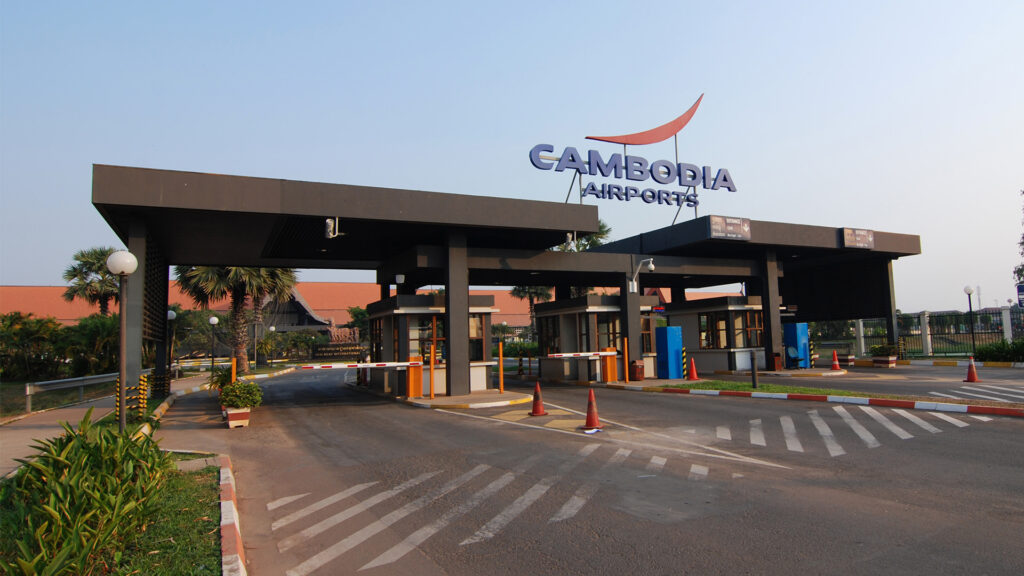
Briefing
EU ETS2 – Testing the Boundaries of Cap and Trade Systems
EU ETS2, the new EU cap-and-trade regime, with monitoring obligations that kicked off in 2024, will soon bring forth surrender obligations for a…
Read more

Briefing
Class Arbitration Under Consumer Contracts – Do Major Institutional Arbitration Rules Support Such Claims?
Class arbitration under consumer contracts remains a contentious and evolving area. While traditional class actions offer cost-effective resolution…
Read more

Bulletin
Insurance Bulletin May 2025
Welcome to the May 2025 edition of our Insurance Bulletin.
Read more

Briefing
FCA Five-Year Strategy for 2025 to 2030
The FCA has recently published its strategy for 2025 to 2030, with the following key aims: (i) being a smarter regulator, (ii) supporting growth…
Read more

Briefing
FCA Publishes Feedback Statement Setting Out Plan of Action for Reviewing its Requirements
The FCA has published a feedback statement which sets out what it describes as an “ambitious programme of action” that it will take to simplify its…
Read more

Briefing
UK: Regulatory Reporting – FCA Publishes Proposals to Decommission Certain Reporting and Notification Requirements
The FCA has published a consultation paper (CP25/8) regarding its proposals to remove unnecessary data reporting for firms, including insurance…
Read more

Briefing
High Court Considers Legal Principles Relating to Triple Insurance
The Commercial Court has recently considered a scenario where three insurance policies, all containing "other insurance" clauses, provided cover in…
Read more

Briefing
Cambodia Ratifies Montreal Convention 1999 as 141st State
Following IATA's continuous promotion for states to ratify the Montreal Convention 1999, Cambodia finally deposited its instrument of ratification…
Read more

Briefing
SFO Launches Refreshed Corporate Guidance on Self-Reporting and Co-Operation
On 24 April 2025, the SFO issued new guidance on corporate self-reporting and co-operation, fulfilling one of its aims set out in its 2025-26…
Read more

Briefing
18th Commodities Case Update
We are delighted to present the eighteenth edition of the Commodities Case Update, with a summary of ten key recent cases relevant to the…
Read more

Briefing
Corporate Bitesize: ECCTA – Identification Verification
The Economic Crime and Corporate Transparency Act 2023 has introduced a new identity verification regime which requires individuals holding certain…
Read more

Briefing
OFSI: 2023-24 Year in Review – What Have We Learnt?
On 21 March 2025, the UK's Office of Financial Sanctions Implementation published its 2023-24 Annual Review, entitled Engage, Enhance, Enforce…
Read more





